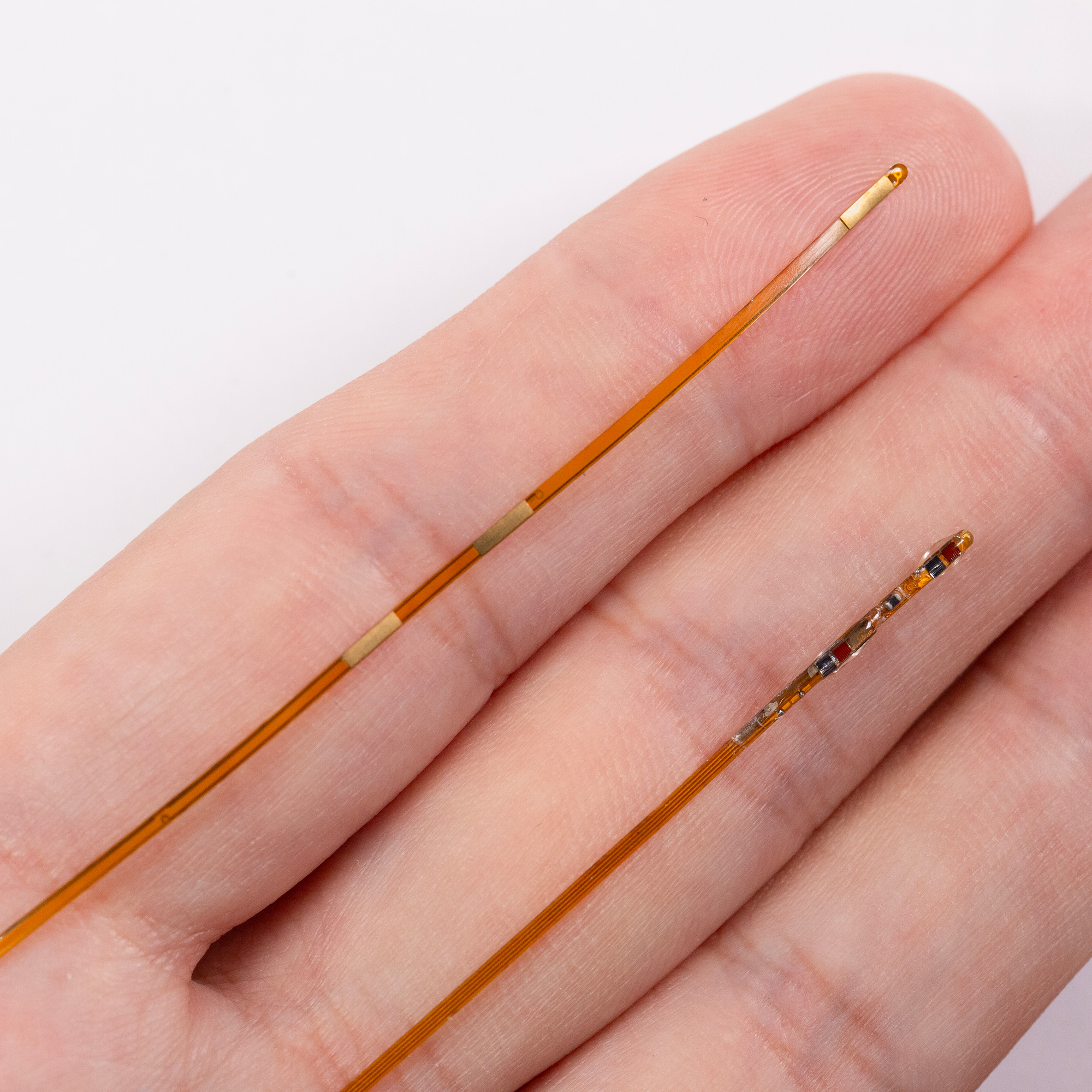Year: 2024
-

Nearly 40% of Type 2 Diabetes Patients Stop Taking Their Second-Line Medication
Nearly two-thirds of patients with diabetes either discontinued their second-line medication, switched to a different medication class or intensified their treatment, according to a recent study.
-

Novel Protein Interactions May Serve as Biomarker for Heart Disease
Investigators led by Elizabeth McNally, MD, PhD, the Elizabeth J. Ward Professor of Genetic Medicine and director of the Center for Genetic Medicine, have discovered previously unknown protein interactions in the heart’s atrium that are critical for normal heart function, according to findings published in the Proceedings of the National Academy of Sciences.
-

Novel Regulator of Immune Evasion in Cancer Identified
Northwestern Medicine investigators have identified a previously unknown regulator of tumor immune evasion, which may help improve the efficacy of current and future anti-tumor immunotherapies, according to recent findings published in the Journal of Clinical Investigation.
-

Neural Mechanisms May Serve as Therapeutic Target for Depression
A recent study published in Molecular Psychiatry has identified previously unknown alterations in neural connectivity that promote psychomotor disturbance — a slowing or reduction in movement — in individuals with major depressive disorder.
-

Mustanski Appointed as Advisor to NIH Director
Brian Mustanski, PhD, director of the Institute for Sexual and Gender Minority Health and Wellbeing, has been appointed to the Advisory Committee to the Director of National Institutes of Health.
-

Subset of Neurons Allow Eyes to Detect Motion
Northwestern Medicine scientists have identified how a subset of neurons enable the eyes to perceive motion, according to a study published in Nature Communications, a discovery that reveals previously hidden complexities of how vision functions in mammals.
-

Building Momentum Toward Neural Prostheses
Several recent studies from Feinberg investigators and colleagues have shed light on complex neurological processes and provided new insights and technological developments for neural prostheses.
-

Kwasny Recognized by the American Statistical Association
Mary Kwasny, ScD, professor of Preventive Medicine in the Division of Biostatistics, has received the American Statistical Association’s (ASA) Founders Award, the highest award the organization bestows for distinguished service.
-

Exploring How Antibiotic-Resistant Bacteria Become Aggressive
Some strains of an antibiotic-resistant bacteria may not turn out to be as aggressive as previously thought, according to a Northwestern Medicine study recently published in Nature Communications.
-

Defining Rheumatoid Arthritis Subtypes May Improve Treatments
By profiling the inflammatory cells types in joint tissue biopsy samples, scientists have characterized six subtypes of rheumatoid arthritis, an approach that could help physicians tailor more effective treatment strategies for patients based on disease type, according to findings published in Nature.






